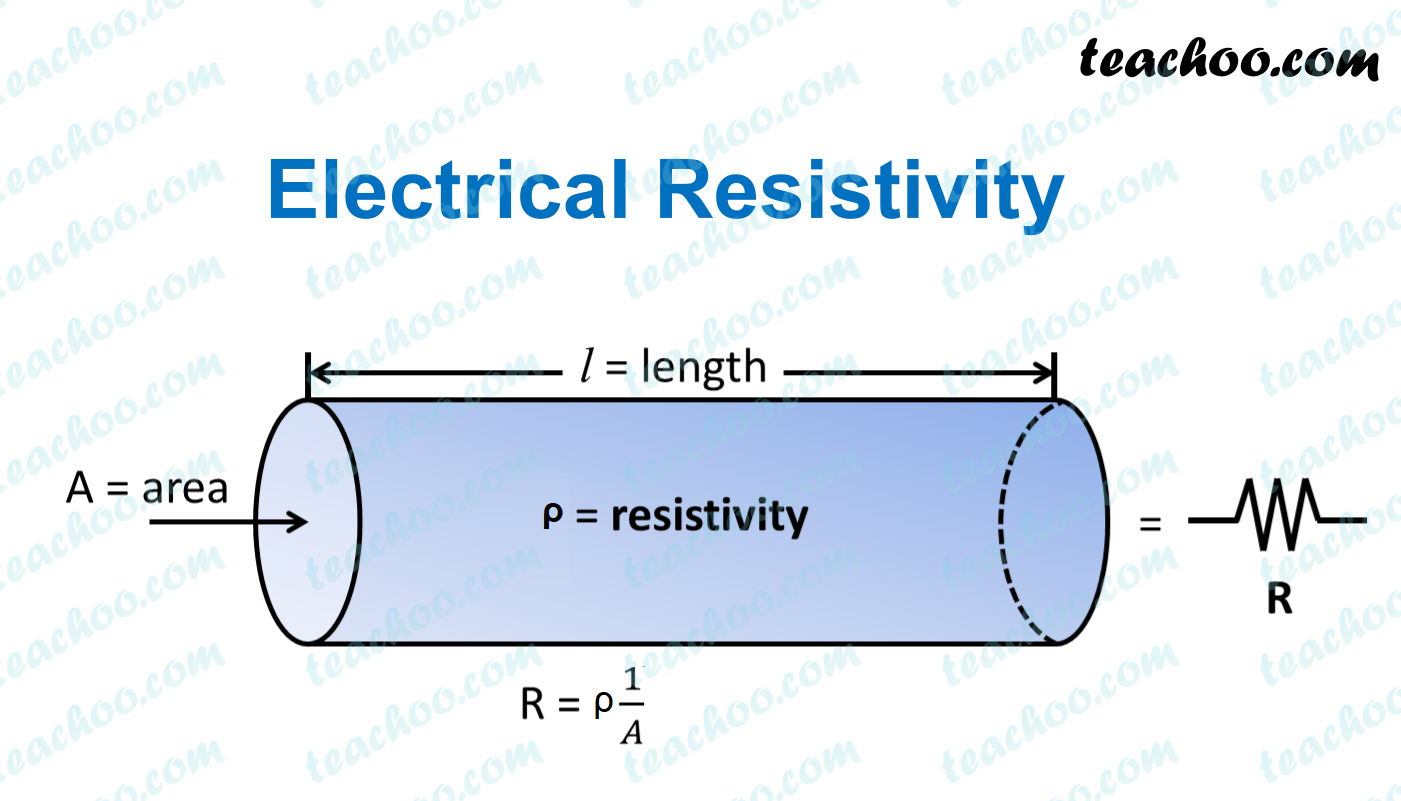I suspect it comes from typical lamp/heater/hair-dryer cable length and how far one might reach while just within a bath.There is no rationale for the 3 meter rule.
But I agree it is a bit far considering now such sockets would at least have to have RCD protection (as for outdoor locations).









